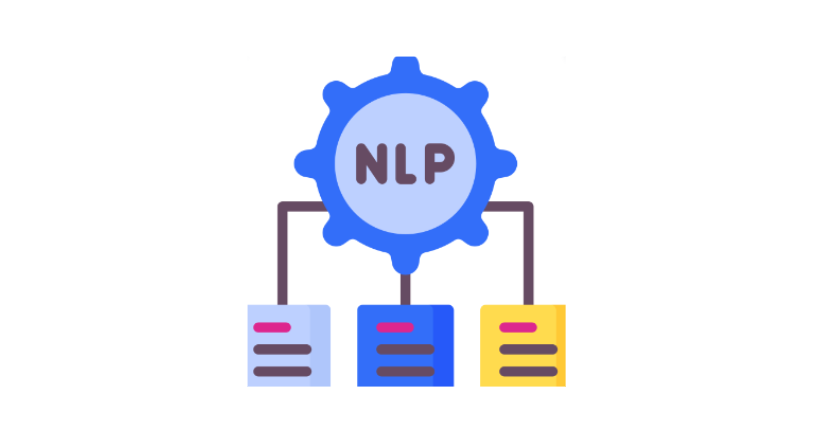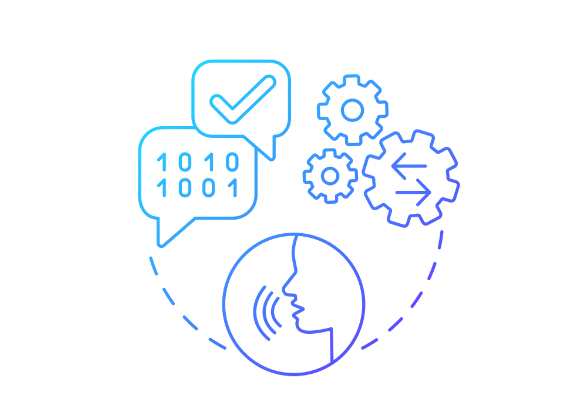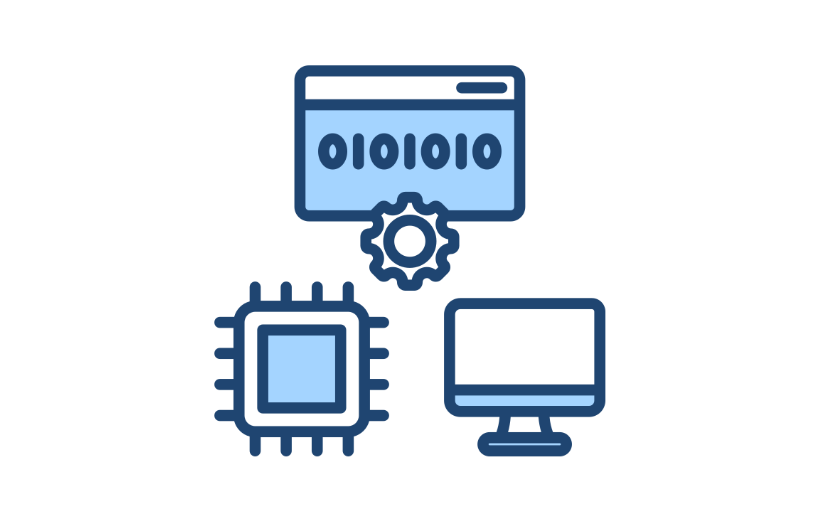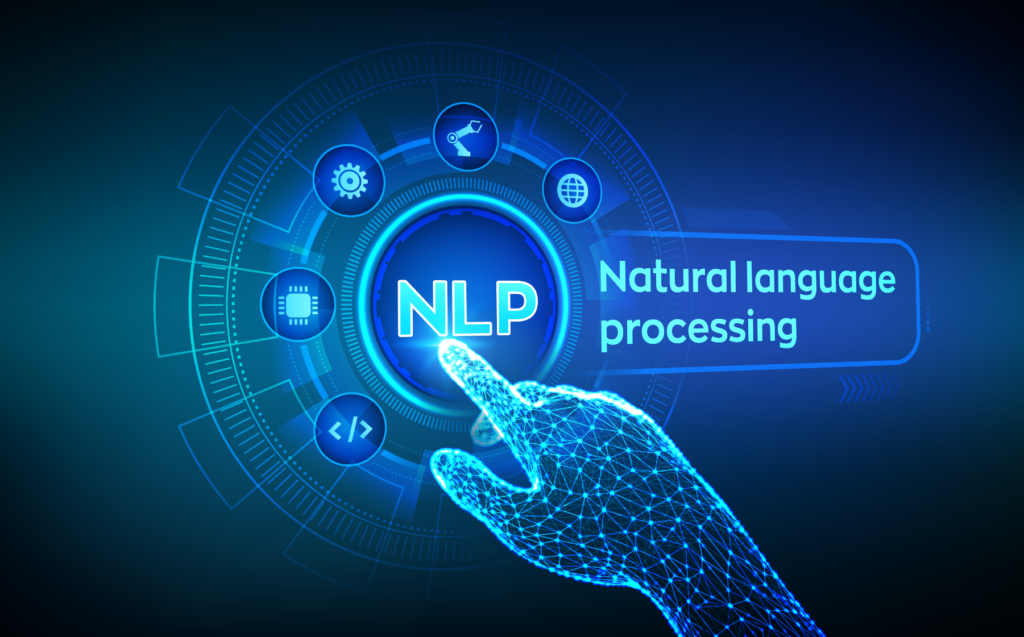In today’s fast-paced digital world, customers expect seamless, personalised interactions with brands. They want more than just generic responses; they crave a human touch, even when they’re engaging with chatbots. That’s where NLP steps in as a game-changer, allowing chatbots to comprehend and respond to user queries in a natural, conversational manner. But what exactly is Natural Language Processing (NLP)?
Understanding NLP in a Nutshell
Before we dive into the role of NLP in marketing chatbots, it’s essential to understand what Natural Language Processing is and how it works.
NLP is a branch of AI that enables computers to understand, interpret, and generate human language in a valuable way. It encompasses a range of tasks, including speech recognition, text analysis, language translation, sentiment analysis, and more. By leveraging NLP, chatbots can comprehend and respond to user queries and requests in a conversational manner, mimicking human interactions.
Personalised Customer Engagement
In the realm of marketing, personalisation is key to capturing and retaining customers. NLP-powered chatbots have the ability to analyse user input, gather insights from it, and tailor responses accordingly. This means that each interaction with a customer can be uniquely customised based on their preferences, behaviors, and past interactions. Whether it’s recommending products, answering queries, or offering support, NLP-enabled chatbots can make customers feel heard and valued.

Imagine a scenario where a customer visits an e-commerce website looking for a new smartphone. The chatbot, armed with NLP capabilities, can ask questions like “What features are you looking for in a smartphone?” or “What’s your budget?” Based on the user’s responses, the chatbot can recommend specific models, highlight relevant promotions, and even guide the customer through the purchase process. This level of personalisation can significantly boost conversion rates and customer satisfaction.
Round-the-Clock Availability
One of the significant advantages of using chatbots with NLP is their round-the-clock availability. Unlike human agents who have working hours, chatbots can provide instant responses to customer queries at any time of day or night. This ensures that customers can get assistance whenever they need it, leading to improved customer service and reduced response times.
Furthermore, NLP allows chatbots to understand and respond to natural language queries. Customers don’t need to use specific keywords or phrases; they can ask questions or make requests in their own words. This user-friendly approach enhances the overall customer experience by eliminating the frustration of rigid, keyword-based interactions.
Data-Driven Insights
NLP doesn’t just benefit customers; it also provides valuable insights for businesses. Chatbots equipped with NLP can collect and analyse vast amounts of customer data, including user preferences, feedback, and sentiment. This data can be harnessed to gain a deeper understanding of customer behavior, identify emerging trends, and refine marketing strategies.

For instance, a marketing team can analyse the sentiment of customer interactions with the chatbot to gauge overall customer satisfaction. If they notice a trend of negative sentiment around a particular product or service, they can take proactive steps to address the issue. Additionally, NLP can help identify frequently asked questions, allowing businesses to create comprehensive FAQs or optimise their website content for better user experiences.
Multilingual Support and Global Reach
In today’s globalised world, businesses often cater to customers from diverse linguistic backgrounds. NLP-equipped chatbots can break down language barriers by offering support in multiple languages. This not only extends a company’s reach to a broader audience but also ensures that non-native English speakers can engage with the brand effortlessly.

In essence, NLP has ushered in a new era where chatbots are not mere transactional tools but trusted companions on the customer journey. They listen, understand, and respond with a human touch, reflecting a brand’s commitment to exceptional service.
As technology continues to advance, NLP-powered chatbots will remain at the forefront of customer engagement strategies. Embracing this technology isn’t just an option; it’s a necessity for businesses looking to thrive in the ever-evolving digital landscape.

